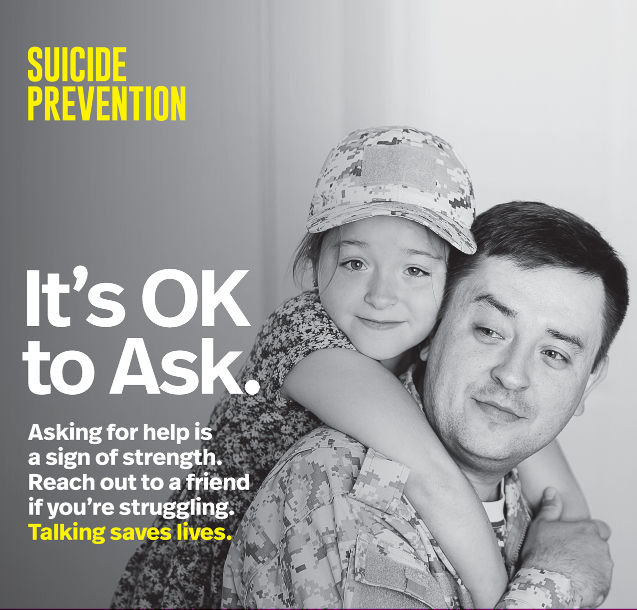September is more than just another month - For me, September is a call to action.
- Charles Ross
- Sep 4, 2025
- 2 min read
Updated: Sep 12, 2025
My name is Charles Ross, and I’ve spent over 20 years serving as a U.S. Army Chaplain, guiding Soldiers and their families through some of life’s most difficult moments. Before that, I was a combat, twice deployed, Infantryman with the 82nd Airborne. Along the way, I learned not only from textbooks and degrees, but from the battlefield, from the barracks, and from sitting across from men and women wrestling with thoughts they often kept hidden. I am shaped by my time in the Army and trained through the Ask, Care, Escort (ACE) program to confront one of the toughest challenges we face: suicide prevention. My journey hasn’t been confined to classrooms or textbooks, it’s been forged through real-world experiences, from wearing a uniform to advocating for mental health. This month, I’m launching a series of posts dedicated to moving from awareness to action, and it all starts with the most fundamental step: asking a direct question.
Why does this matter? Too many people are struggling in silence, carrying burdens we can’t see. We all have a role to play, not just professionals, but friends, colleagues, and neighbors. The human impact of these struggles touches every community, and it’s not about overwhelming statistics, it’s about the people we know, the ones we care about, who need someone to step up.
My “why” stems from my military service, where the ACE program taught me a profound truth: the first step to saving a life is to ask the question. In the Army, I learned that a simple, direct conversation could open the door to hope. That training wasn’t about being a therapist or having all the answers, it was about showing up, being present, and asking with courage. This brings me to the cornerstone of suicide prevention: the power of a single, direct question.
So, what does that look like? It’s about being clear and unafraid to use the word “suicide.” There’s a common fear that asking directly might “plant the idea,” but research and experience tell us the opposite: it often brings relief, giving someone permission to share their pain. Vague questions like, “Are you okay? You seem a little down,” don’t cut through the noise. Instead, try something like: “Lately, I’ve noticed you seem to be going through a lot. Have you been having thoughts of suicide?” Or, “I’m worried about you. Are you thinking about ending your life?” The goal isn’t to fix their problems, it’s to show you care and to open a door for conversation.
This approach doesn’t require a degree or specialized training. It’s about being human, showing empathy, and taking that first step. Anyone can ask this question. You don’t need to have all the answers; you just need to listen and connect someone to help if they need it.
If you or someone you know is in crisis, help is available 24/7: Call or Text 988.

This is just the beginning. As we move through the month of September we’ll dive into what comes after the question, how to listen without judgment and guide someone toward support. Join me this Suicide Prevention Month as we move from awareness to action, one conversation at a time. #SuicidePreventionMonth #MentalHealth #LinkedInForGood #ACE #AskCareEscort #ASIST #AppliedSuicideInterventionSkillsTraining #CounselingAndFamilyEnrichment #CAFE






Comments